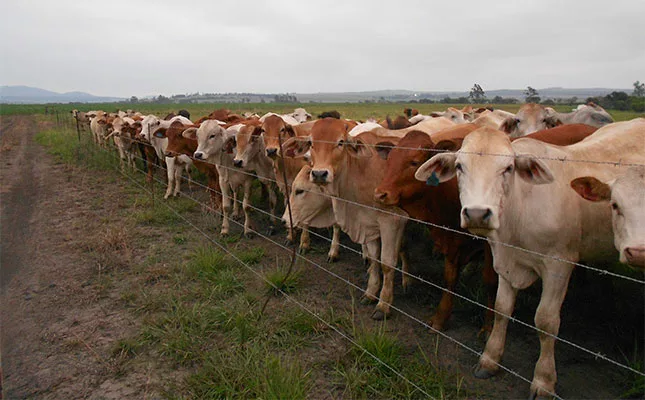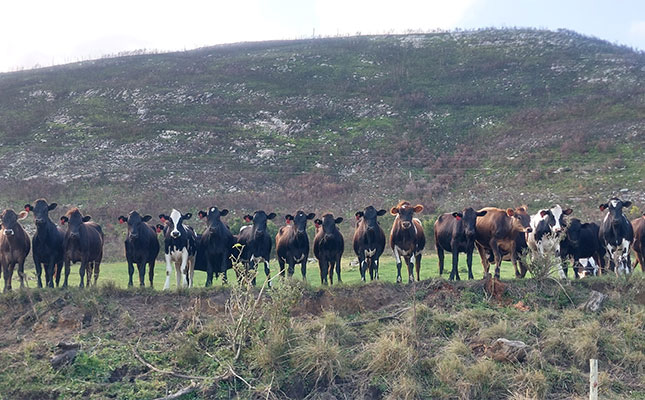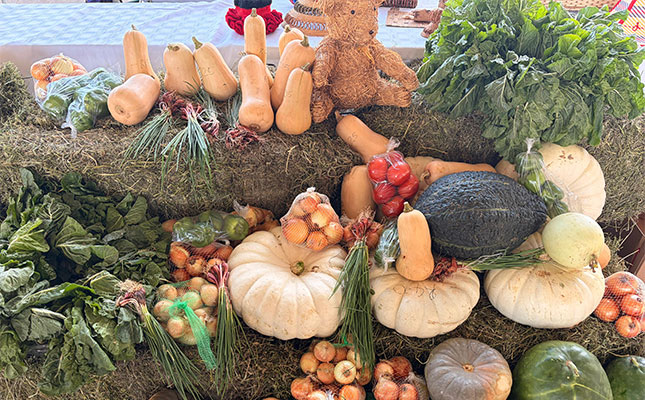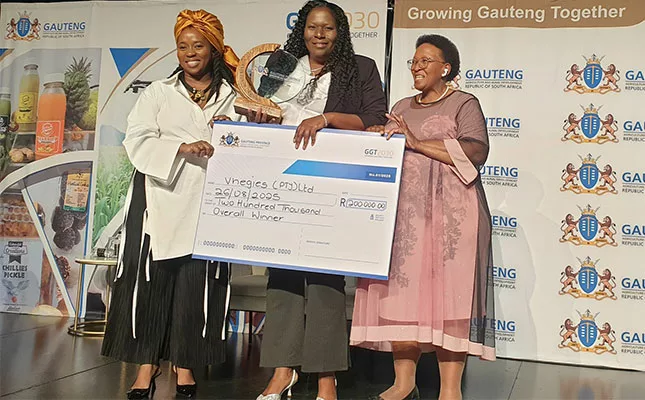
Farmers and other industry role players have been urged to participate in the study to help formulate a comprehensive picture of livestock theft and the factors that reduce or exacerbate it.
The project, led by criminologist Willie Clack, who is also a lecturer at the University of South Africa, has been formally endorsed by Red Meat Industry Services and the South African Police Service.
Clack told Farmer’s Weekly that stock theft was one of the most persistent rural crimes in South Africa.
“It undermines livelihoods, endangers farmers, and erodes trust between communities and law enforcement. Despite decades of policing efforts and the establishment of the National Stock Theft Prevention Forum [NSTPF], recovery rates for stolen animals remain low, and reliable national statistics are scarce,” he explained.
Clack noted that the absence of accurate stock theft statistics meant its economic impact and prevalence could not be fully appreciated: “You can’t talk about agricultural economics without taking into consideration the effect of crime on the bottom line, because crime affects every farmer.”
While current statistics showed stock theft had been decreasing annually since 2019 and that the non-reporting rate of theft had declined, Clack said that without widespread input from the broader industry, it was challenging to paint an accurate picture of the extent of stock theft.
“Livestock theft is not just a policing problem; it’s a rural security and economic stability problem. By capturing farmers’ real experiences and measuring recovery rates, we hope to provide practical, evidence-based recommendations that strengthen community–police partnerships,” he said.
The study will investigate farmers’ perceptions of livestock theft trends, risk factors, and community impacts, as well as the effectiveness of recovery rates as a measure of police and community engagement.
It will also look at preventive strategies used by farmers and local safety networks and the perceived role and impact of the NSTPF in curbing stock theft.
The research survey opened on 20 September, and stakeholders have until 15 October to take part. Farmers, law enforcement, or anyone playing a role in livestock theft prevention, investigation, or recovery is encouraged to complete the questionnaire or participate in follow-up interviews.
The survey can be accessed at forms.office.com/r/fE8ALu6zGw.
Get trusted farming news from Farmers Weekly in Google Top Stories.
➕ Add Farmers Weekly to Google ✔ Takes 10 seconds · ✔ Remove anytime










